The Finance Curse: How global finance is making us all poorer
£7.60£9.50 (-20%)
This is a book that none of us can afford to ignore – an agenda-setting, campaigning investigation that shows how global finance works for the few and not the many.
** A Financial Times Book of the Year **
‘Essential reading’ YANIS VAROUFAKIS
We need finance – but when finance grows too big it becomes a curse.
The City of London is the single biggest drain on our resources, sucking talent out of every sphere, siphoning wealth and hoovering up government time. Yet to be ‘competitive’, we’re told we must turn a blind eye to money laundering and appease big business with tax cuts.
Tracing the curse back through economic history, Nicholas Shaxson uncovers how we got to this point. Moving from offshore tax havens to the bizarre industry of wealth management, he tells the explosive story of how finance established a stranglehold on society – and reveals how we can begin to break free.
‘A radical, urgent and important manifesto for improving our country’
Oliver Bullough, Observer
‘Superbly written… A must-read’
Misha Glenny, author of McMafia
‘Hard-hitting, well written and informative’
Financial Times
Read more
Additional information
| Publisher | Vintage (17 Oct. 2019) |
|---|---|
| Language | English |
| Paperback | 384 pages |
| ISBN-10 | 1784705047 |
| ISBN-13 | 978-1784705046 |
| Dimensions | 12.9 x 2.3 x 19.8 cm |

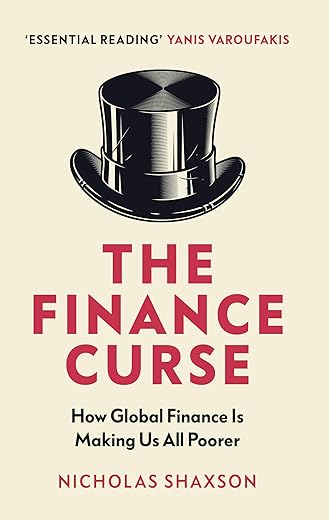
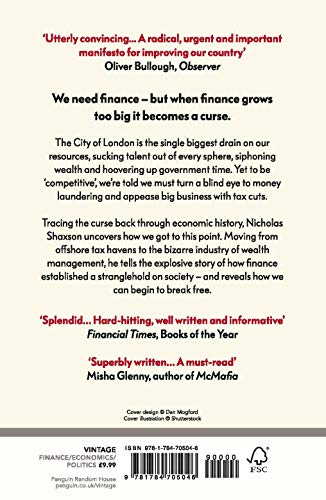
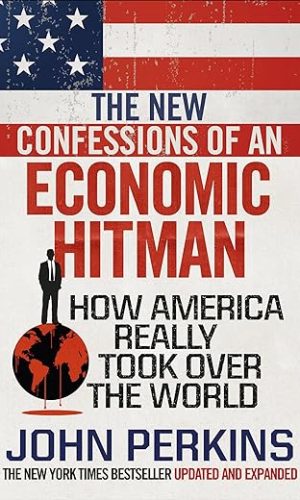
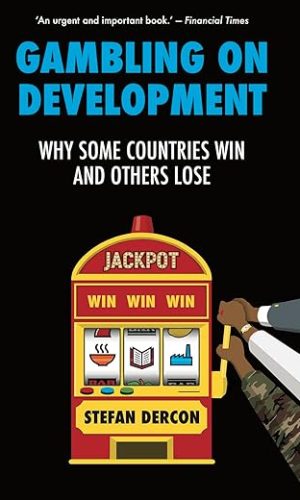
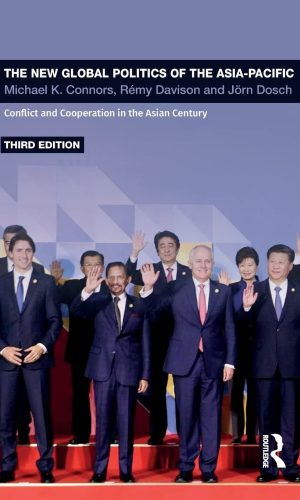
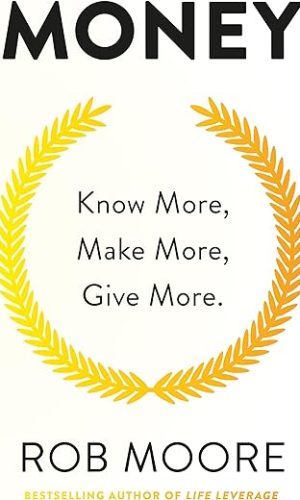
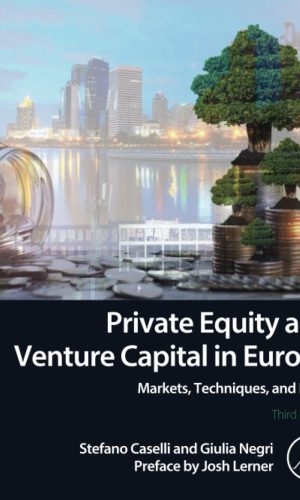
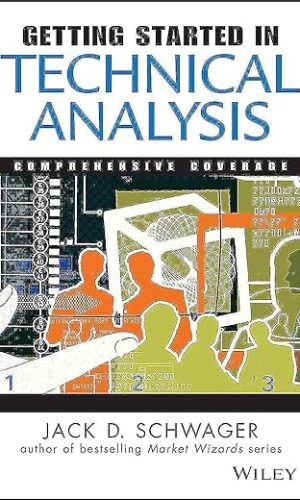
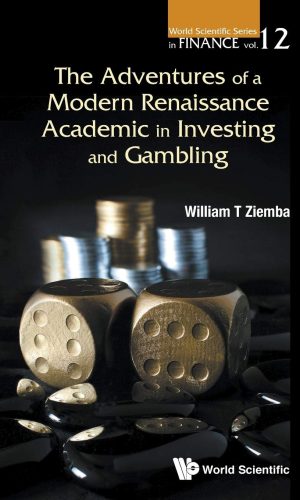
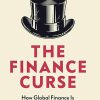
by scott oliver
Of all the malign and nefarious forces presently corroding democracy worldwide, this lucid, fierce and important book shows that financialisation, in all its many and various guises, is almost always the underlying cause, either through direct financial capture of legislatures and states or through the perverse incentives fuelling the hugely damaging upward transfer of wealth.
Read it. Then read it again. Then go and help stop it.
by Tim Harlow
This book carefully explained something very important indeed. For some time I have been deeply uneasy about the role of the finance world and yet been half soothed by the idea that this was the engine of our economy – like it or not. Now I understand how deeply amoral and destructive it is, and how sorely in need of radical change the UK finance system really is. Read this book.
by Flat earth Christian
This s an excellent book revealing the injustice in the establishment but he comes nowhere near solving the problem. The problem is not socialism or capitalism. The problem as God tells us in the Bible is that man rejects his Maker and his Maker’s Christian values. But it is the end of the world as Jesus informed us about. These are end times and Jesus returns after the the 7 year tribulation to start the his kingdom of God on earth. Those that take the mark of the beast are condemned.
God blesses and God curses. You cannot have peace and prosperity by being wicked and without pleasing God.
by conjunction
This book is about the free-market ideology and its reality in practice. Shaxson describes how:
“….the heroic myth of the wealth creator is tied up intimately with a libertarian, anti-government, anti-society ideology which pervades tax havens, the world of global finance, upper income brackets and especially the super rich….”
This ideology, however, holds as much water as a leaky bucket:
“Government is ‘a self-seeking flea on the backs of the more productive people of this world’, opined Matt Ridley, the wealthy old-Etonian son of the 4th Viscount Ridley. ‘Governments do not run countries; they parasitise them.’ Not long after he said this, the bank that he was chairman of, Northern Rock, collapsed and needed a huge government bailout.”
There are a number of books which are what I would call high-powered political and economic journalism. These books are written on the back of a great deal of research and reflection, but written in ordinary language and very readable. My favourite such journalists are Lutz Kleveman, who wrote ‘The New Great Game’ and ‘Wanderjahre’ and other books not yet translated from the original German; Misha Glenny who produced ‘Dark Market’ and ‘McMafia’; and Nicholas Shaxson, author of ‘Treasure Islands’ and this book.
All of these authors have radically changed my view of the world. Kleveman on the search for oil in Asia, Glenny most remarkably for his astonishing revelations about the apparently indissoluble welding together of international crime and government in a variety of countries; and perhaps most important of all Shaxson. ‘Treasure Islands’, published in 2011 at a time when it is fair to say the general public which includes me had almost no understanding of offshore finance revealed its fundamental role in corporate plunder and evasion of tax.
‘The Finance Curse’ however is an even more ambitious book which effectively maps out the functioning of international capital with all its charming little tricks – monopolies, asset-stripping, secrecy, co-option of all world governments (where necessary), the wonders of creative accountancy and most lethal of all, private equity.
He begins with a charming description of primitive old-fashioned capitalist piracy, the great American streetcar scandal of the immediate postwar years, when
“….a consortium of oil companies, bus, car and tyre companies came together in a loose arrangement to buy up streetcars and electric mass-transit rail systems in forty-five major US cities, then kill them off. Antitrust lawyers argued that the ensuing destruction of rail-based urban transport was part of a ‘deliberate concerted action’ to push America into dependency on cars, buses, tyres and oil. It seems to have worked, helping pave the way for, among other things, massive climate change.”
He moves on to reprise his arguments about offshore finance, showing in particular how secrecy laws in tiny islands dotted around the world allow huge international companies to completely bury their workings which makes it impossible to detect how certain including government interests are accruing huge monopolies in certain sectors.
Shaxson I think is with Elizabeth Warren who is not anti-capitalist. He argues,
“The central problem isn’t finance, but too much finance, finance that is too powerful, and the wrong kind of finance, unchecked by democracy.”
He suggests that ruthless capitalism has conned world governments that nations need to be competitive in the same way companies are, and they use this argument to persuade governments to jettison corporate tax and regulations which allows said companies to move in and strangle legal and accounting safeguards and tear up small businesses with a series of sell-offs and limited liability loans which sacrifice everything for the sake of finance.
Governments just stand and watch:
“A Congressional inquiry into the US Department of Justice’s decision in 2012 not to prosecute HSBC [for criminal money-laundering on a colossal scale] found that Britain’s chancellor George Osborne and the Financial Services Authority had actively interfered at the highest levels of the UD government and justice system, threatening ‘global financial disaster’ if ‘their’ bankers were prosecuted. London’s intervention, the report said, ‘hampered the US government’s investigations and influenced DOJ’s decision not to prosecute HSBC’.”
The most powerful weapon in the hands of the capitalists is private equity, companies which are not on the stock exchange in case shareholders would cramp their style. They buy up prosperous companies, encourage them to take huge loans and expand. If they make money, great. If they don’t, they are dumped, after having been shredded for any doggie-bag take-homes, because the limited liability laws mean the original purchasers of the company are not responsible for their debts.
They adopt a similar approach to Public Finance Initiatives where commissioned by government to undertake public infrastructure projects they set up a series of shell companies to milk the project for all they can, so that the project often costs the taxpayer four or five times its true value.
None of this would be possible without the help of four great accountancy companies, so-called auditors, the guys that actually invent all the tax dodges, which are so complicated (as Owen Jones explains in ‘The Establishment’) that no government can make tax laws without the help of these companies, who naturally tailor them to their own advantage. These companies are of course Price Waterhouse Cooper and their like.
by Oliver Chandler
Written in digestable language, explains the financialisation of our economy and the key tools of finance to extract wealth from the economy. Have recommended to everyone I know!
If I was to be super picky, i’d say the key premise of the finance curse being a new form of the resource curse isn’t revisited enough times during the book, and on occasion the book deviates from that argument. Plus I have my own doubts over the inevitability of the resource curse, or the comparisons between the UK and Angola in that sense. However, that doesn’t detract from the authors main point, that over-zealous coddling of finance suck life out of other sectors of the economy, a point that is brilliantly demonstrated throughout.
by Elise
I am in the process of a huge re-education through this book! It is packed with extraordinary facts that will amaze you and horrify you. Some you will remember if you are my age, many you may not know unless you come from a financial background. I am working my way through very slowly so that I may absorb everything and fully understand all the implications. If you are like me, you will cover your copy in underlinings and stars against those parts that you want to find again easily. Also if you are like me, so far I have found one mistake, maybe typing error. but it slightly puts me off when it concerns a decimal point and the difference between 1 in 1000 or 1 in a 100 in a book basically about money and figures. However, the tightly packed historical facts are indisputable and very well researched and so I am sure his knowledge of Finance is among the best one could find and written in such a brilliant, immediate and accessible style.
by Ben
inconclusive, highly opinionated without justification. Basically, the booked lacked sufficient resources, there was no counter balance. Basically someone’s hate for the city and the banker institution.
by Russell Meagher
This book methodically dismantles the belief that the financial sector is a British success story. Authoritative and entertainingly written, Shaxson explains how financialisation of the economy has harmed us all. The City of London and the web of offshore tax havens that it enables, are now focused principally on extracting wealth from the economy rather than creating wealth for the economy. Every voter should read this book to understand what is at stake and what they can do to prevent further damage to our country. Excellent and timely.